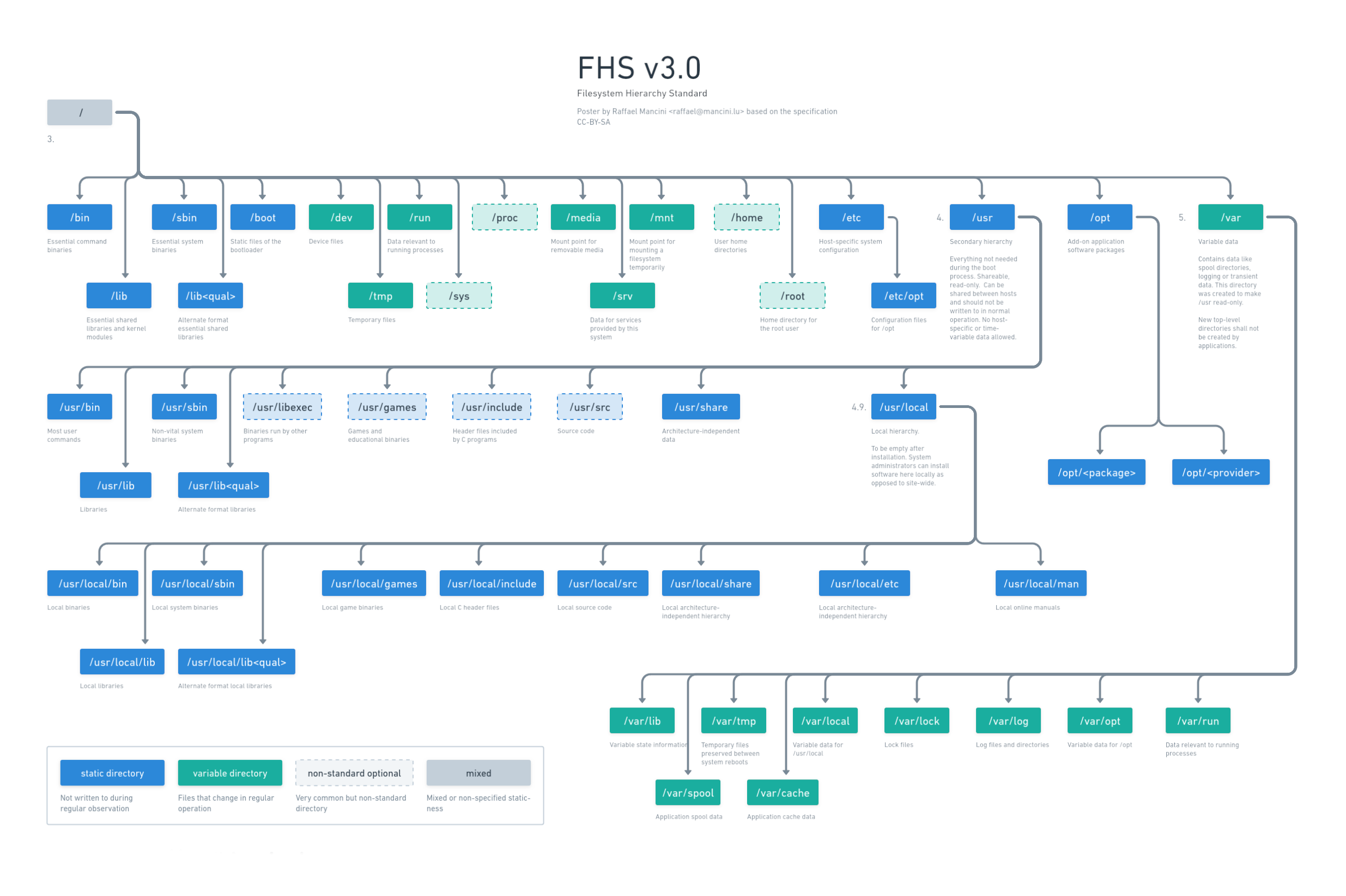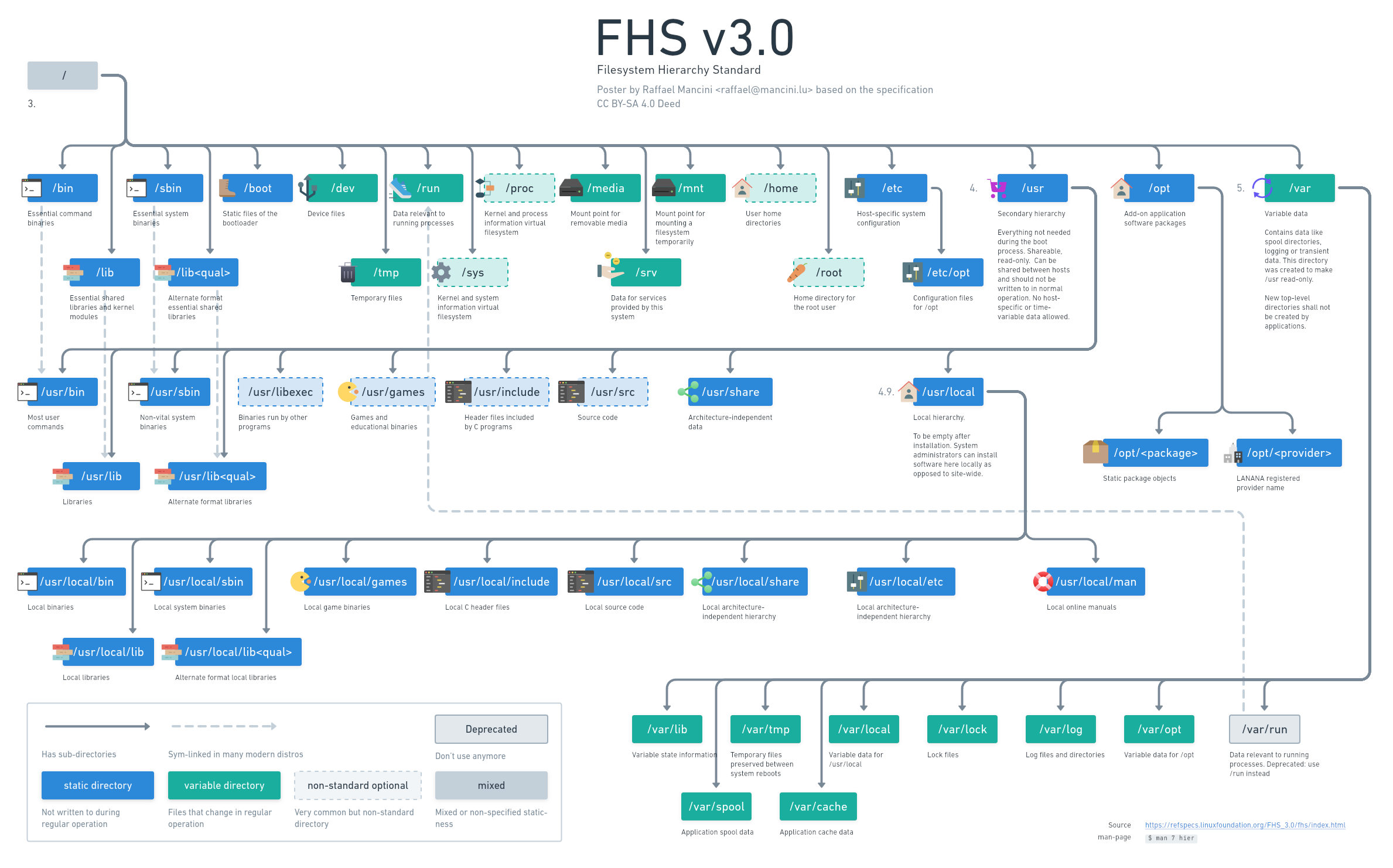560
you are viewing a single comment's thread
view the rest of the comments
view the rest of the comments
this post was submitted on 11 Dec 2023
560 points (98.4% liked)
Linux
47366 readers
2399 users here now
From Wikipedia, the free encyclopedia
Linux is a family of open source Unix-like operating systems based on the Linux kernel, an operating system kernel first released on September 17, 1991 by Linus Torvalds. Linux is typically packaged in a Linux distribution (or distro for short).
Distributions include the Linux kernel and supporting system software and libraries, many of which are provided by the GNU Project. Many Linux distributions use the word "Linux" in their name, but the Free Software Foundation uses the name GNU/Linux to emphasize the importance of GNU software, causing some controversy.
Rules
- Posts must be relevant to operating systems running the Linux kernel. GNU/Linux or otherwise.
- No misinformation
- No NSFW content
- No hate speech, bigotry, etc
Related Communities
Community icon by Alpár-Etele Méder, licensed under CC BY 3.0
founded 5 years ago
MODERATORS



Where should I mount my additional internal HDD's?
/media doesn't fit cause they aren't removable
/mnt doesn't fit cause they aren't mounted temporarily
Currently I have them mounted as /home/user/data and /home/user/backup.
Any reason not to do it like this?
I just mount mine into /mnt and bind mount subdirectories from them into wherever I need the space.
Edit: if you want a more theoretically correct location according to the FHS you could mount drives somewhere under /run and bind their contents from there. I've done that before as well.
tbh I don't think it matters, so wherever you feel like doing it. I just leave it where the distro or file manager defaults to: in Ubuntu-based distros that's
/media/$USER/mount-name. For mounts shared across users you could drop the$USER.Since FHS doesn't specify where "non-removable media" should go, I don't think it makes sense to adopt this recommendation as
/mediashould be removable, but rather, "in case the media IS removable, then mount it to/media/".If they are internal and permanent (read: unlikely to be removed on a daily basis), I'd just mount them based on their purpose and not them being separate HDDs physically. If they are meant for logs, mount them at /var/log. If they are meant for your movies, /home/user/data is more than fine. In general FHS describes the directory hierarchy, not which parts of it are mountpoints and which are physically on the same media. Technically you're fine having each and every directory on a separate HDD.
I'm also mounting them into /home/user/data while I don't think hard-coding the user name in the mountpoint is a good idea. Besides, it needs the assumption that I'm the only "human-user" of this computer.
I may also mount them at /opt/data, but I'm not sure if it's a good idea
From my humble knowledge I would suggest /var/opt/XXX. It's the variable part of the /opt hierarchy.
I’m coming more from a server perspective but, fundamentally, all HDDs are “temporary”. Eventually that data might be in a bigger/faster/functioning replacement - so it’s best to treat the drive as something which can always be replaced.
Continuing that, you might mount to /mnt and then symlink that where you really want it, say ../games. That layer of abstraction allows you to replace the drive without much effect on install. Also allows for expansion via something like mergerfs (*no idea if that’s a good idea for your use cases)
/mnt is explicitly meant to be used as temporary mountpoint for admins. That's not a good place.
I’m still learning myself, but I think in a good number of uses cases it qualifies. There are two parts of that explicit definition which seem important, “temporary” and “non-installation”. “Temporary” is the most ambiguous. An array of JBoD storing media files, which can be unplugged really at any time without affecting any system, meets that definition. Game installs or the operating system, less so. I totally get my specific usage may not lend to generic advice. In the interest of me learning, here’s where I started (which advises /mnt): https://perfectmediaserver.com/02-tech-stack/mergerfs/
I originally had mine mounted on
/, to make them easy to type. But that set one of my highly opinionated friends wretching, so I re-mounted them to/media//to placate him and symlinked them to my home directory instead.It's frustrating how often Linux systems, when approached with a "where is the canonical location for ?" question, have an answer ancient use cases practically no one has anymore, but no satisfying answer for extremely common use cases like permanently mounted backup drives, where to put web server hosted files, or even where to install applications that don't come from package managers (
/opt/?/usr/bin/?/home//.local/?).Just put all of that in subfolders of /fuck_the_FHS/
If it's just personal files and backups, there's absolutely nothing wrong with what you're doing.
If you had, say, active system config files there, it would make things... complicated to say the least.
Not sure if this is proper procedure since I searched around and didn't find much, but I've got an internal drive just for games mounted at /home/games. Haven't had any issues so far.
Usb devices are nowadays when connected mounted somewhere in /run/%user